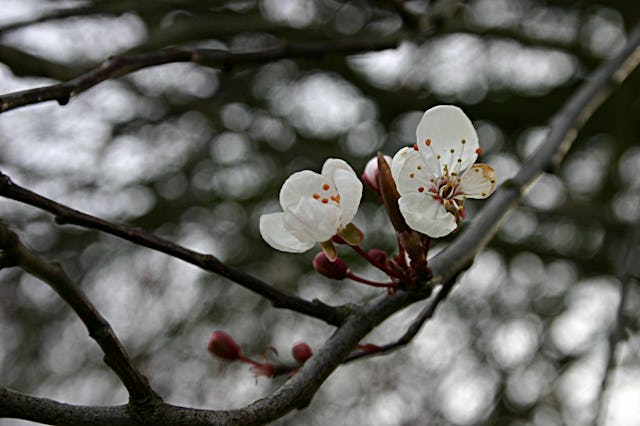Losing a Father and Birthing a Daughter

Oh no, not this again.
My chest moved up and down with dry heaves. I used my hand as a salve to stop the panting. I felt ill. It was only the first trimester, week seven. The morning sickness moved like a rock band, only this music wasn’t something I could dance to. I felt lucky to have an opportunity to embrace this new life, but the tug and pull between life and death became something I was unequipped to reconcile. I now harbored two secrets: my father’s Stage IIIB cancer and my pregnancy.
Indian superstition and ritual dictated that we could reveal the pregnancy only after the third month. My mother and father were overprotective about my pregnancy: calling, hovering and monitoring my every move, like referees on the football field. Standard conversations echoed familiar words: “Are you eating well? Did you sleep? Did you feel the baby move? Are you taking your vitamins?” These 20-second phone calls, I believe, sustained my father and reminded all of us that despite illness, there is life. Although the edges of grief were in the peripheral view, we attempted to find happiness.
In the early days of my pregnancy, a certain amount of guilt accompanied me. As much as I wanted to celebrate life, my mind gravitated toward thoughts of my father and the hollow look in his eyes. When I talked to him about the baby, his face expressed the correct expressions, smiles, even laughter, but we all knew something was missing. I wondered if my father felt a sense of abandonment as he watched us all move forward. My husband and I looked forward to the birth of our baby, my sister anticipated her graduation from physical therapy school, and even my mom participated and immersed herself in her children’s joys. I am certain my father thought, Oh, they can move beyond my fatal diagnosis, even though I am living it. Although he never articulated this, I don’t think he felt like a participant in his own life, but more like a voyeur. Many days, I suspect, he wanted to scream, “I’m dying. You people are moving on. But I am here. Dying. Do you see me?”
In that first year, the symptoms wrapped around us like a slow ivy plant growing uncontrollably without an end. There were huge coughing fits—one that echoed through the house and lasted almost 15 minutes. We all stopped what we were doing to offer water, throat drops and cough lozenges, but after a few minutes of an insignificant reprieve, the coughing started again. I sought comfort by putting my hand on my belly, feeling the kick of her feet, a sign that even the baby could hear the strength of her grandfather’s cough. When we ate dinner, my father complained about his foods tasting like dry cardboard, while I tried to satisfy all my cravings, devouring everything from veggie sushi to baked potatoes to peppermint ice cream. My father’s hunger decreased as mine increased. He lost weight, but I gained so much that my whole body began to wobble. We were leading diametrically opposite lives.
A part of me hoped that the baby would offer a much needed distraction. In the months after the diagnosis, we bombarded ourselves with anything that helped us forget—eating dinner at my father’s favorite restaurant, going to the movies, playing the Indian board game carrom in our living room. When we all got together, we tried to divert our attention from the obvious to the mundane. On certain days, there would be no mention of cancer, chemo, radiation, scans or oncologists. We sensed my father’s illness escalating, especially when he forgot details of important events or past milestones. Instead of conversing about it, we buried the knowledge in the details of everyday life.
___
At the seven-month mark of my pregnancy, Indian tradition dictated that a baby shower must be given to the mother-to-be. Godh bharai is a north Indian Hindu ceremony, which is also performed in most other parts of the country. In Hindi, Godh bharai literally means to “fill the lap” with abundance. I remember standing with my sari open to the gifts everyone placed in my lap. Across the room, my father stood separate, apart from the pomp of the celebration. I never asked him why he observed from afar, but I did ask him to take a picture with me. The hesitation on his face still stirs sadness in me, and now I understand his reluctance. Did he feel like a burden because of his illness? Did he want the moment to be bestowed with sheer happiness instead of being tinged with melancholy? I don’t know. I never asked.
I sensed that he wanted to participate in life and its happiness, but he couldn’t embrace it. The cancer wouldn’t let him. Abandoning the life he had known for years became the best option for him. And, as much as I hate to admit it, despite all of the things we did for him—driving him to the hospital, to the oncologist, staying by his side during some heinous side effects—in some way, we abandoned him too.
Because while we still participated in life, he was trying to let go of the one he had.
This essay originally appeared on The First Day.
This article was originally published on